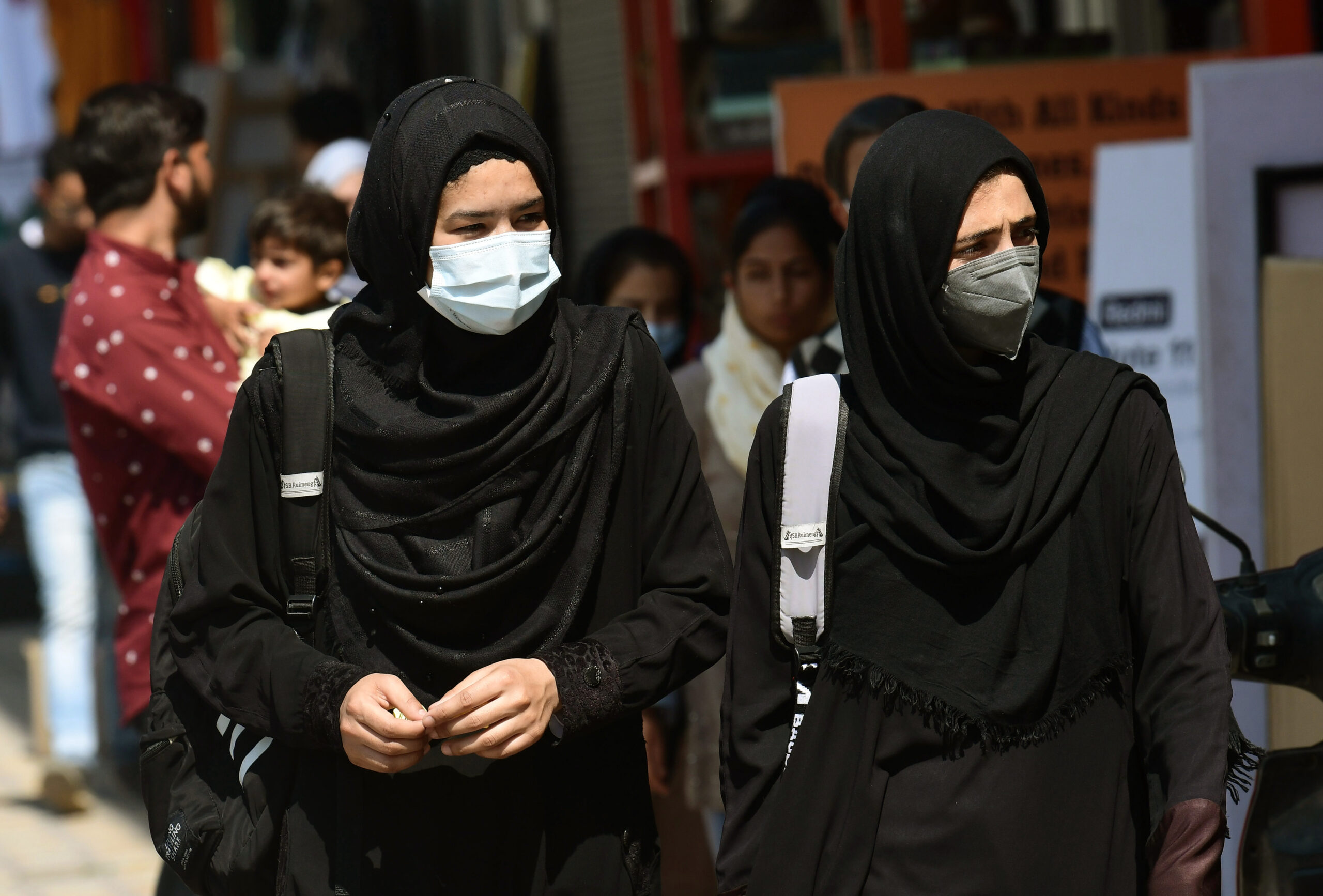Months after the statewide arrests made in response to the Anti-Hijab protests, Iran has relaunched’morality police’ patrols in an effort to ramp up efforts to enforce the country’s required hijab restrictions, according to Al Jazeera.
The Iranian law enforcement force’s spokeswoman, Saeid Montazeralmahdi, stated on Sunday that police patrols on foot and in cars were now active to crack down on anyone who were not dressed appropriately in the Islamic Republic. According to Al Jazeera, Montazeralmahdi stated that the morality police would “issue warnings and then introduce into the judicial system people who unfortunately insist on their norm-breaking behavior without regard for the consequences of their covering that is outside of the norm.”
He further said that the police expect everyone to conform to accepted dress codes so officers will have more time to deal with “other vital police missions”.
The officers are tasked with warning women – and sometimes men – to correct the way they are dressed.
This could range from ordering women to adjust headscarves to demanding a change of clothing to something that is more loose-fitting and deemed more appropriate. Women who are found to be in breach of the rules could be arrested and taken to ‘so-called’ re-education facilities run by the police, Al Jazeera reported.
Notably, this development comes 10 months after Mahsa Amini, 22, died in police custody after being detained over an alleged dress code violation.
Her death sparked mass protests across the country that lasted for months in which morality police were largely absent from Iranian streets.
After the protests, Iranian authorities had largely refrained from highly confrontational methods of enforcing mandatory hijab laws that were imposed shortly after the country’s 1979 Islamic revolution, Al Jazeera reported.
However, that approach appears to be gradually shifting now.
For the past few months, police have been employing surveillance cameras to identify hijab violators. They are given warnings, fines or sent to appear in court. People found to be in violation of the dress code while in their vehicles could have their cars impounded.
Businesses have also been increasingly targeted, with many cafes, restaurants and even sprawling shopping centres facing closures for offering services to women with loose hijabs.









